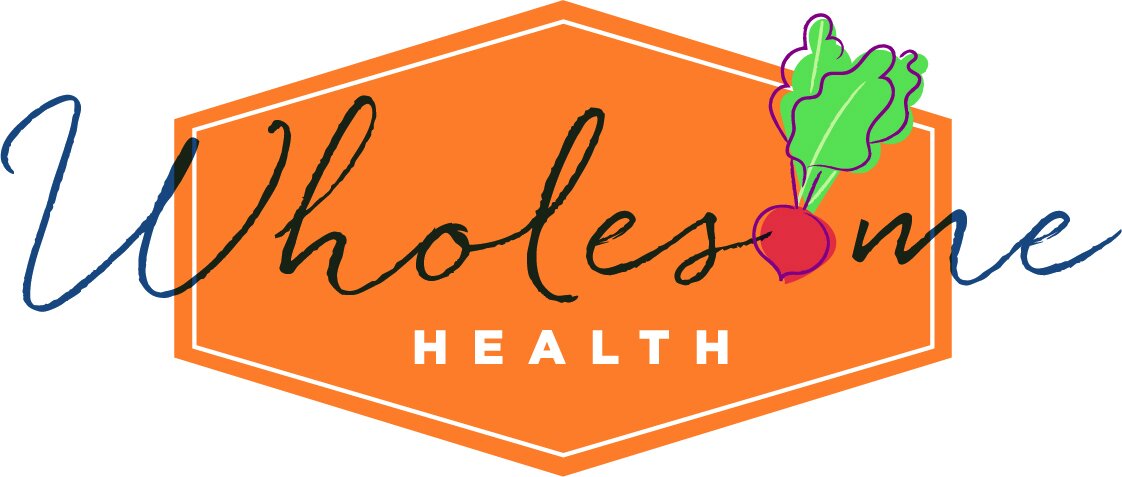Eating to Support Breastfeeding
If you’re planning to breastfeed your baby, it is vital to make sure that you are getting adequate nutrition. In today’s post, I’ll discuss the benefits of breastfeeding for mom and baby, the importance of a healthy diet for moms in order to ensure a good supply of milk, and list foods to include or avoid in a postpartum diet.
Benefits of breastfeeding
There are numerous benefits to breastfeeding for both mom and baby. The American Academy of Pediatrics and World Health Organization recommend exclusive breastfeeding for the first 6 months of baby’s life. But, even if you supplement with formula or don’t breastfeed for 6 months, baby and mom can still get plenty of the benefits listed below.
Benefits for baby:
Changes as baby grows to contain exactly the right amount of calories and nutrients for optimal development
Easier to digest than formula
Contains antibodies to protect against illness
Decreased risk of sudden infant death syndrome (SIDS)
Lower risk of developing asthma, obesity, type 1 diabetes, and ear infections
Benefits for mom:
Triggers the release of oxytocin, which helps the uterus shrink back to its normal size and may decrease postpartum bleeding
May help with weight loss
May reduce the risk of breast and ovarian cancer
Reduced risk for developing type 2 diabetes
Foods to eat while breastfeeding
Did you know that you need to eat more calories while you’re breastfeeding than when you’re pregnant? During pregnancy, most women need only an additional 300 calories per day, whereas breastfeeding requires as much as an additional 500 calories per day. A balanced diet for breastfeeding women should include:
Plenty of protein-rich foods, like lean poultry, beef, fatty fish, eggs, beans, lentils, cheese, milk, and Greek yogurt
Whole grains, such as brown rice, whole grain bread, and oatmeal
A wide variety of colorful fruits and vegetables (at least 4-5 servings per day)
Healthy fats, such as avocado, olive oil, nuts, seeds, and peanut butter
Many doctors recommend continuing prenatal vitamins while breastfeeding as your need for certain vitamins and minerals increases. For example, you need more choline and iodine while breastfeeding. Choline can be found in eggs, meat, poultry, and fish. Iodine is found mostly in seafood and iodized salt, so double-check to ensure the salt you use is iodized (most sea salts aren’t). Getting plenty of calcium is also important, so be sure to include at least 3-4 servings of calcium-rich foods each day; remember that calcium can be found in foods other than dairy products!
And don’t forget about water! You need approximately 16 cups of water each day while breastfeeding, including fluid from drinking water and foods with a high liquid content, like many fruits and vegetables.
Foods to limit or avoid while breastfeeding
Most foods are safe to eat while breastfeeding with a few exceptions.
Seafood
Like during pregnancy, seafood high in mercury should be avoided while breastfeeding. This chart lists the best seafood choices while breastfeeding. Seafood highest in mercury, and those to avoid, include:
King mackerel
Marlin
Orange roughy
Shark
Swordfish
Tilefish
Bigeye tuna
Caffeine
Drinking up to 200 mg of caffeine per day (the equivalent of two 8 oz cups of coffee) likely will not cause harm to your baby, though some babies can be sensitive to it and do better if it is avoided.
Alcohol
Having an occasional alcoholic drink likely will not cause harm to your baby, but it is recommended to wait at least 2 hours after having a drink to breastfeed.
Other considerations
Considerations for mom:
Moms following a vegan diet while breastfeeding may need to supplement with vitamin B12, as the need for this nutrient increases while breastfeeding.
Considerations for baby:
Though breastmilk provides almost all the nutrients your baby needs, you will need to supplement with vitamin D beginning at birth, as breastmilk doesn’t contain enough of this vital nutrient.
Babies do not need additional iron until 6 months of age when it is recommended to introduce iron-rich foods such as iron-fortified cereal, meats, or an iron supplement.
As you can see, breastfeeding has numerous benefits for mom and baby. In order to breastfeed successfully, it is crucial to consume enough calories and eat a well-balanced diet. If you need help ensuring you are getting enough for an adequate milk supply, talk to a registered dietitian. Stay tuned for another post in the coming weeks about specific foods that may help increase milk supply along with recipes!


